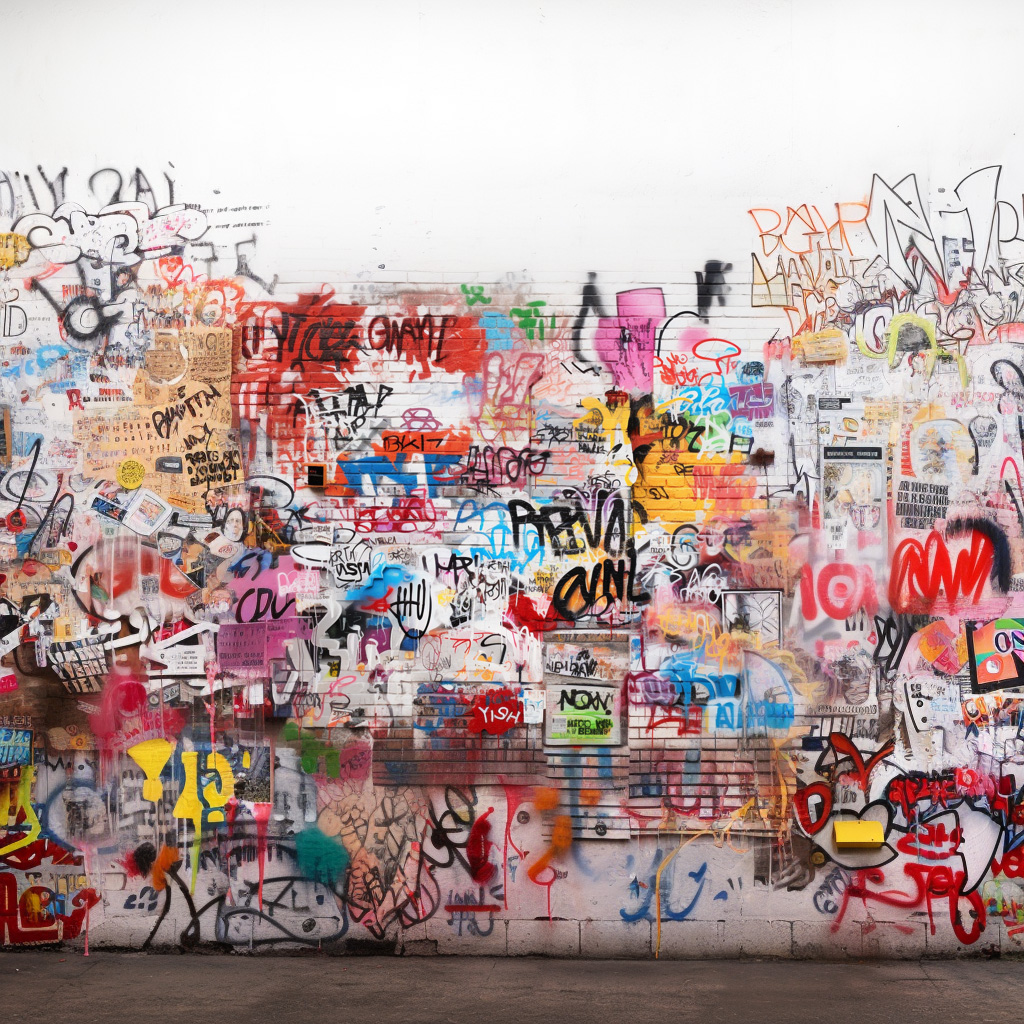With apologies to Agathon

“O happy fault, that earned so great, so glorious a Redeemer!”
~ “The Exsultet: The Proclamation of Easter”
It seems lately that many people around me are having a tough time. Perhaps it’s just my perception but in my day-to-day conversations and my friends’ social media posts, there are many struggling just to keep it together. One symptom I see is a recent proliferation of what I consider to be pretty stoic statements like ‘head down, move forward’ and ‘keep calm and carry on’—the sort of things you say to yourself when you’re just trying to put one foot in front of the other.
A small subset of these sentiments is particularly intriguing: those made with the intent of trying to convince us to just accept the past.
“The past cannot be changed, forgotten, edited, or erased … it can only be accepted. You can’t change your past but you can always change your future. Even God cannot change the past.”
~ Agathon
Now, in general, I support these ideas. All too often too many of us live in the past, dwelling on bygone hurts given and received, wishing things had been different. That’s never good, and we frequently must be reminded to forgive ourselves and others. We need to focus on the task at hand—to struggle with the sufficient evil of the day and to work for this day our daily bread. In as much as these sentiments urge us to do the good in front of us, I support them.
And yet, something seems so resigned. So sad. So short of the glory of God and the good news of the Gospel. Frankly that last one sounds like a challenge. I think, in a very real way, God can change the past. God does change the past.
But perhaps God does not change the events of the past, amending instead their meaning so fundamentally that history is, in a very real sense, altered. We need only think of Good Friday for an example. Imagine Jesus’ death on the cross. Imagine the humiliation and defeat that everyone who knew him—his friends, his disciples—experienced on that day. Imagine the torment and agony of Jesus himself. And think about what all of that means now, in light of Easter. Jesus’ resurrection transforms completely the meaning of his death. The cross is now a sign not of defeat, but of victory. It becomes a sign of our redemption. It is our salvation.
When Jesus was raised, did his past change? Technically, no. He still suffered, died on the Cross, and was buried. Yet God’s grace rewrote everything around the event so completely that it’s not really the same occurence anymore. And while the Cross is the most striking example of our faith, it’s hardly the only one. In the Easter Vigil we proclaimed that the sin of Adam is no longer the tragic failure that led to our exile, but the lucky break that called forth our Savior. In the Gospel we see Jesus proclaim the death of Lazarus is not a sign of decay’s inevitability but rather its impotence when compared to the glory of God. By giving the past new meaning, it is altered.
I believe the same will be true of all our suffering, so long as we use that suffering to grow closer to Christ. God’s grace will reach back and alter our perception of those events so completely that we will call them “good,” just as we now call the day of Jesus’ death “Good.” Now we see through a glass darkly, but once our vision clears we won’t even recognize much of what had come before.
In the preface to his imaginative exploration of heaven and hell in “The Great Divorce,” C.S. Lewis expresses the same thought about our current lives in light of our eternal destiny. Speaking about our time on Earth after all things pass away he writes “But what, you ask, of earth? Earth, I think, will not be found by anyone to be in the end a very distinct place. I think earth, if chosen instead of Heaven, will turn out to have been, all along, only a region in Hell: and earth, if put second to Heaven, to have been from the beginning a part of Heaven itself.”
God can change the past. By giving what we have experienced a new meaning the past is recast. The power and might of God is greater than we can imagine; it’s not only a new start, but a different history. This is one of the lessons of Easter—Christ’s light pours forth everywhere and reaches into every dark space, even those behind us.
About the Rabble Rouser:
 Steven Cottam serves as youth minister at Our Lady of Lourdes Catholic Church. He lives in the Church Hill neighborhood of Richmond, Virginia, with his lovely wife, his adorable daughter and his very strange dog. He is an active member of Common Change, a group which seeks to gather and distribute tithe money in a relational and collaborative way. He has been friends with Sister Julia ever since they were students, coworkers, and cooking club members together at Catholic Theological Union in Chicago. His interests and passions include Aikido, gardening, coffee, and becoming a Jedi Master.
Steven Cottam serves as youth minister at Our Lady of Lourdes Catholic Church. He lives in the Church Hill neighborhood of Richmond, Virginia, with his lovely wife, his adorable daughter and his very strange dog. He is an active member of Common Change, a group which seeks to gather and distribute tithe money in a relational and collaborative way. He has been friends with Sister Julia ever since they were students, coworkers, and cooking club members together at Catholic Theological Union in Chicago. His interests and passions include Aikido, gardening, coffee, and becoming a Jedi Master.




